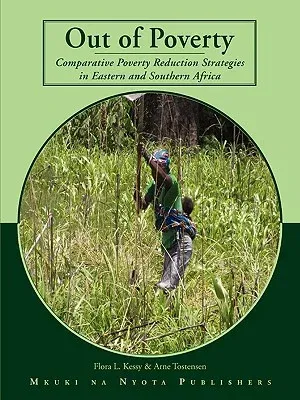Poverty reduction has been a long-standing concern of all African
countries since independence. This focus is also reflected in the
policies of the international donor community, including the twin
International Financial Institutions (IFIs) - the World Bank and the
International Monetary Fund. This study examines, traces and maps the
poverty reduction policies adopted by six countries in Eastern and
Southern Africa since the mid-1990s with a view to highlighting
differences and similarities. The first group of three countries -
Tanzania, Uganda and Zambia - is made up of so-called Heavily Indebted
Poor Countries (HIPCs), while the other three are non-HIPCs, comprising
Botswana, Kenya and Namibia. Whereas the former are required to
formulate Poverty Reduction Strategy Papers (PRSPs) under terms of
reference set by the IFIs, the latter are at liberty to chart home-grown
strategies. The study compares these two categories of countries in
order to ascertain whether their poverty reduction strategies differ
substantially or largely converge. It is found that despite differences
of nuance there is a strong tendency towards convergence of approach and
design. Since it is recognised that poverty is complex and
multi-faceted, it follows that strategies pointing the way out of
poverty must be comprehensive and multi-pronged, as reflected in the
World Bank's three-pronged strategy: promoting opportunity; facilitating
empowerment; and enhancing security. An epistemic community seems to
have emerged, at least among the political and economic elites of
Eastern and Southern Africa, by and large embracing the precepts of the
IFIs. Specifically, the study reviews through six country-specific
chapters the different anti-poverty strategies adopted by the selected
HIPCs and non-HIPCs to assess implementation arrangements in terms of
priority; linkages to budgets; and monitoring and evaluation systems. It
also attempts in some measure to document the main economic, social and
political factors influencing poverty generation and/or reduction since
the mid-1990s, and, finally, to review poverty indicators and changes in
the state of poverty over the same period. The concluding chapter
undertakes a comparative analysis of the six country-based strategies.


